How is it that internet carriers like Spectrum came to dominate service in New York City, while others like Xfinity reign supreme in cities like Minneapolis? While residents are familiar with the major internet providers in their cities, they’re less familiar with the agreements that brought them there.
Across the country, internet access often reaches homes through the public right of way — the edges of privately owned land under which public lines are laid. Utility providers of everything from water to electricity and internet use these lines to deliver their services to customers.
To use these public lines, internet providers from Comcast to Cox enter franchise agreements with local governments. These agreements give internet companies access to thousands or millions of customers, depending on a city’s size, and lay out what they’ll provide in exchange, like free, publicly accessible hotspots.
And, as Philadelphia activists realized, these agreements can be negotiated to help close the digital divide for residents.
In 2013, the Philly-based Movement Alliance Project (MAP) got a tip from a friend of the organization who had taken a job with the city. This person explained that the franchise agreement between Comcast and the city, which is renewed every 15 years, was coming up for renewal.
MAP’s work centers around community organizing for strategic social change; the telecoms world was new to them and its then-policy director Hannah Sassaman. Yet they saw an opportunity to make a major difference in the lives of Philadelphians and they took it, launching what became CAP Comcast — which stands for Corporate Accountability Project.
By organizing communities and lobbying city leaders, two years later when the franchise agreement was renewed, the coalition saw major victories in the form of expanded affordable and free internet access, increased customer service improvements, and more protections for cable and internet workers.
“We had a particular interest in this for a few reasons,” explains Sassaman, who is currently the executive director of the People’s Tech Project, an initiative sponsored by MAP. “First, Comcast, a Fortune 50 company, is also headquartered here.”
Plus, she says, Philly was receiving what Sassaman says was “some of the most expensive [rates] for the lowest customer service in the city that, at the time, had the third worst broadband penetration of any city in the country — mostly low-income Black communities didn’t have access to broadband.”
After learning about the power and possibility within the city’s franchise agreement with the telecoms giant, MAP set out to do what it does best: leveraging its long-standing community relationships with everyone from taxi drivers and firefighters to community groups like LA21, a non-profit serving the West Philly small business community, a predominantly Black neighborhood designated as a federal Promise Zone.
“Folks were pretty clear that they hated their service,” Sassaman says, and that Comcast wasn’t paying their fair share of taxes thanks to a 10-year abatement from the city. The community conversations MAP had centered on the impact that technology has on the things Philadelphians care about.
“We weren’t out there selling this. We were saying that we know your kids need to get online, that you need access to the internet to get a job, that public access TV is one of the few things that actually tells our stories accountably and that this is a once-in-a-generation opportunity to fight for it,” she says.
MAP and fellow community members showed up to city council meeting after city council meeting to air their grievances and detail their demands. “We told their stories to the city council members, to the mayor, and to the technology office and it made a massive difference,” Sassaman says.
So did lobbying the city to publicly release the findings of a third-party survey of Comcast’s performance, which garnered national news coverage. The city eventually shared the grim findings that detail lengthy service outages, average monthly bills of over $150, and “five times the regulatory-mandated number of busy signals when users try to contact customer service.”
While Sassaman says their efforts resulted in major improvements to the franchise agreements in the form of “something like 12 difference means-tested ways for folks to qualify for different services and [Comcast] offering internships for public school students,” they didn’t get everything they demanded, like the company supplying every child in the city with a computer.
Both Sassaman and Jackie Williams, LA21’s director of operations, say that looking back, they would have done things differently knowing what they know now.
“Making sure that city offices are funded as a part of the deal or having a permanent digital inclusion effort to make sure the city is empowered and tasked with observing the community-based elements of the agreement, we didn’t do that,” Sassaman says.
“I wish we had really focused on how we could help small businesses get internet access,” adds Williams, whose organization helped spread word of the CAP Comcast effort to its community members when it was underway. “We talked about it a little bit, but the concern was more with the digital divide” on the individual and community levels instead of the business dimension.
There’s more to it than just individual wins and losses, though. Sassaman sees it as a replicable model that cities and communities around the country can learn from and apply to their own franchise agreements.
“The thing that’s most important is that communities are clear about how technology aggravates and impacts their lives,” she says.

Cinnamon Janzer is a freelance journalist based in Minneapolis. Her work has appeared in National Geographic, U.S. News & World Report, Rewire.news, and more. She holds an MA in Social Design, with a specialization in intervention design, from the Maryland Institute College of Art and a BA in Cultural Anthropology and Fine Art from the University of Minnesota, Twin Cities.
Follow Cinnamon .(JavaScript must be enabled to view this email address)


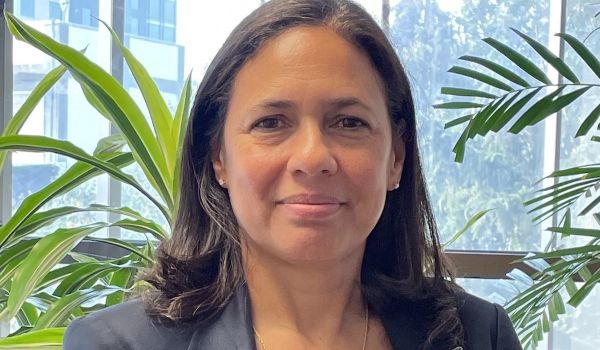
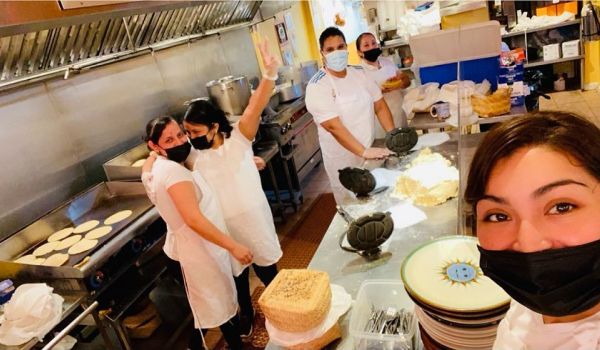
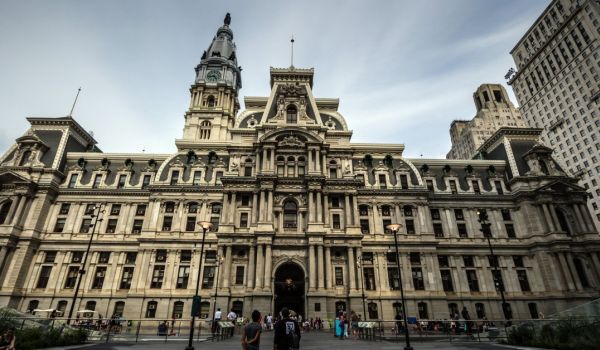

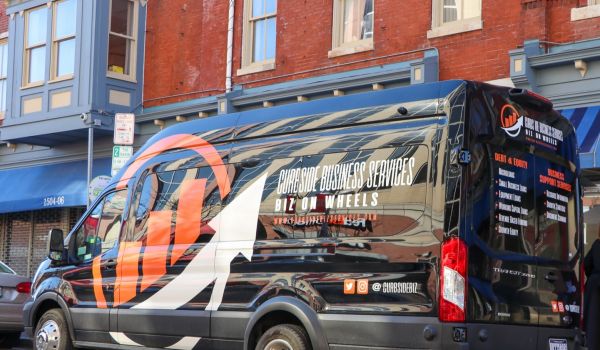
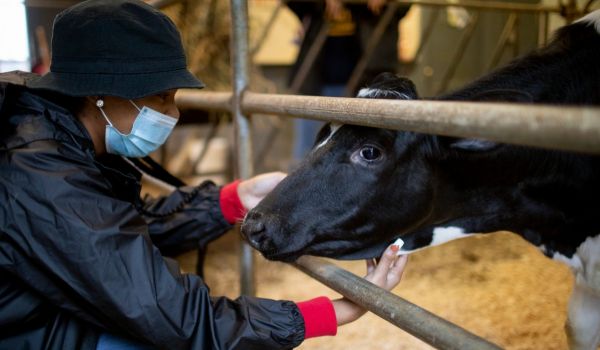




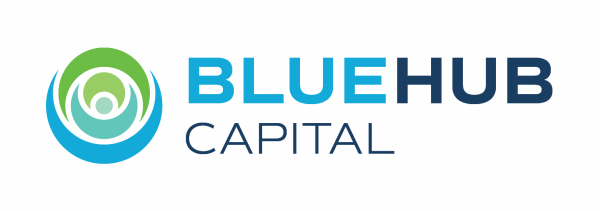
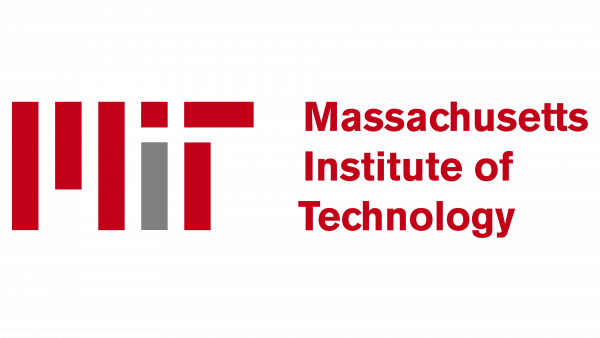

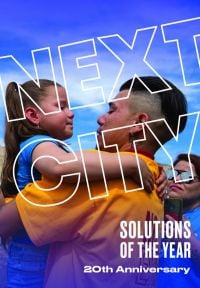
Add to the Discussion
Next City sustaining members can comment on our stories. Keep the discussion going! Join our community of engaged members by donating today.
Already a sustaining member? Login here.